27, August 2022
Pope Francis expands ranks of cardinals in charge of electing new church leader 0
Pope Francis elevated 20 more churchmen to the rank of cardinal on Saturday, formally expanding those now eligible to vote for his successor in case he dies or resigns — the latter a step he has said he’d consider if the need arises.
Of the churchmen being named new cardinals in the consistory ceremony in St. Peter’s Basilica, 16 are younger than 80 and thus eligible to participate in a conclave — the ritual-shrouded, locked-door assembly of cardinals who cast paper ballots to elect a new pontiff.
The 85-year-old Francis has now named 83 of the 132 cardinals currently young enough to join a conclave. The others were appointed by the previous two popes, St. John Paul II and Benedict XVI, whose unexpected retirement in 2013 paved the way for Francis to be elected.
With the eight batches of cardinals Francis has named, prospects are boosted that whoever becomes the next pontiff will share his vision for the future of the church.
Francis reminded the cardinals of their mission, which he said includes “an openness to all peoples, to the horizons of the world, to the peripheries as yet unknown.”
Underlining Francis’ attention to those on society’s margins, among the new cardinals is Archbishop Anthony Poola of Hyderabad, India. The prelate, 60, is the first member of the Dalit community, considered the lowest rung of India’s caste system, to become a cardinal.
One by one, the newest cardinals, whose red cassocks and headgear symbolizes the blood they must be prepared to shed if necessary in their mission, knelt before Francis, who placed on their head the prestigious biretta, as the three-peaked hat is known.
That intimate moment was a chance to exchange a few words with Francis, who smiled to put them at ease. At times, the seated Francis, himself hobbled by mobility problems, lent his own arms to help kneeling cardinals stand up.
In choosing San Diego Bishop Robert Walter McElroy, Francis passed over U.S. churchmen leading traditionally more prestigious dioceses, including San Francisco Archbishop Salvatore Cordileone.
McElroy has been among a minority of American bishops who opposed to a campaign to deny Communion to Catholic politicians who support abortion rights. Cordileone has said he’d no long allow U.S. House Speaker Nancy Pelosi to receive Communion for her defense of abortion rights.
While staunchly against abortion as a grave sin, Francis has also decried what he calls the weaponization of Communion.
McElroy last year was also among a small group of U.S. bishops signing a statement denouncing the bullying that is often directed at LGBTQ youth.
Francis has tried to make gay Catholics feel welcome in the church, whose teaching holds that same-sex intercourse is a sin.
Among the newest cardinals is Bishop Richard Kuuia Baawobr from Wa, Ghana, who has spoken out against LGBTQ rights. The African prelate felt ill when he arrived in Rome on Friday and was hospitalized for a heart problem, the pope told the other cardinals, asking them to pray “for this brother who should have been here.”
Asked by The Associated Press about such contrasting views among church leaders, McElroy replied that “there are always cultural differences within the life of the church as there is within in the human family. And different cultures approach these questions in different ways.”
McElroy added: “My own view is that we have an obligation in the church to make the LGBT persons feel equally welcome in the life of the church, as everyone else.”
With electing future pontiffs a key role for cardinals, McElroy, 68, was asked what he thought of Francis’ saying that resignation for popes is a valid option.
“In principle, I think it is a good idea at a particular moment when they feel they can no longer carry the burdens of that office, but I think this pope is far from that moment,” the U.S. prelate said. “I believe he sees himself as far from that moment. What he has is a mobility issue, but it has not affected his mind. I can tell you he is still on top of things.”
Archbishop Ulrich Steiner of Manaus, Brazil, became the first cardinal from the Amazon, the vast, environmentally-vulnerable region in South America on the Argentine-born pontiff’s home continent. In remarks to The AP, Steiner expressed concern about increasing violence in the Amazon.
“But this violence was not born there, it came from outside,” Steiner, 71, said. ”It is always violence related to money. Concessions, deforestation, also with the mines, also with the fishing.”
At 48, the youngest member among the cardinals’ ranks is an Italian missionary in Mongolia, where Catholics number some 1,300. Francis “knows how important it is supporting these little communities,” said the new cardinal, Giorgio Marengo.
Originally, the pope had picked 21 new cardinals. But retired Belgian Bishop Luc Van Looy declined the honor, citing his own inadequate handling of cases of sexually abusive priests while he led the Ghent diocese from 2004-2020.
Source: AP
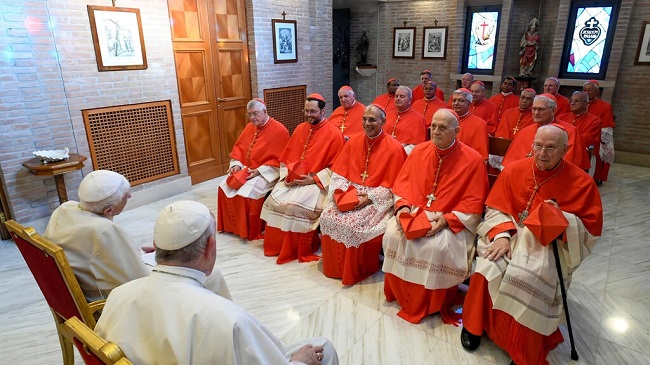
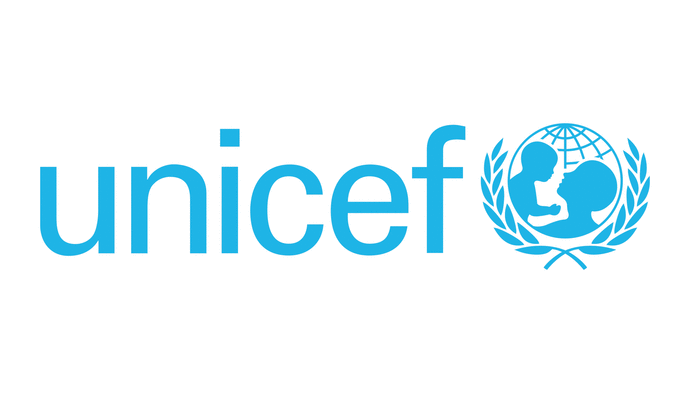
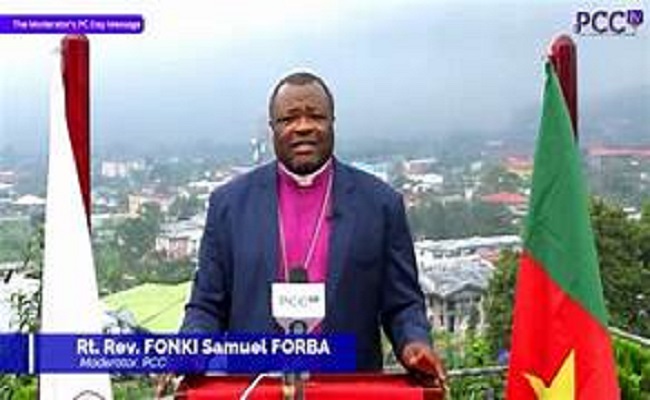
 across your neck and chest when you have no mercy, grace, empathy, compassion and love for God’s people? Why could you not copy the examples of Archbishop Desmond Tutu, the Dietrich Bonheoffer, Cardinal Tumi and Martin Luther King Jr who stood on the side of the oppressed, downtrodden, poor and the afflicted? They could never allow the regime to invade and destroy our communities, displaced thousands of women and children under their watch. What happened to you that you presided over the regime cracking down on innocent civilians?
across your neck and chest when you have no mercy, grace, empathy, compassion and love for God’s people? Why could you not copy the examples of Archbishop Desmond Tutu, the Dietrich Bonheoffer, Cardinal Tumi and Martin Luther King Jr who stood on the side of the oppressed, downtrodden, poor and the afflicted? They could never allow the regime to invade and destroy our communities, displaced thousands of women and children under their watch. What happened to you that you presided over the regime cracking down on innocent civilians? 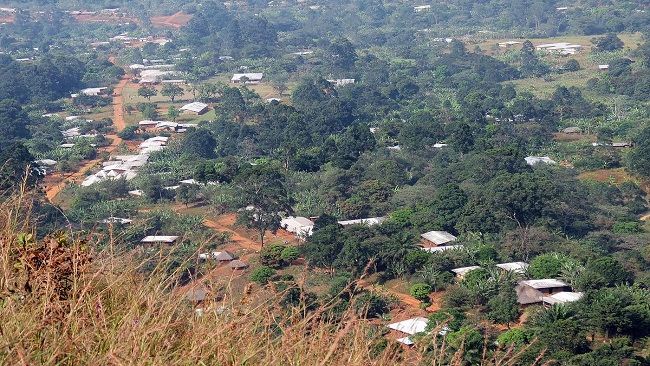

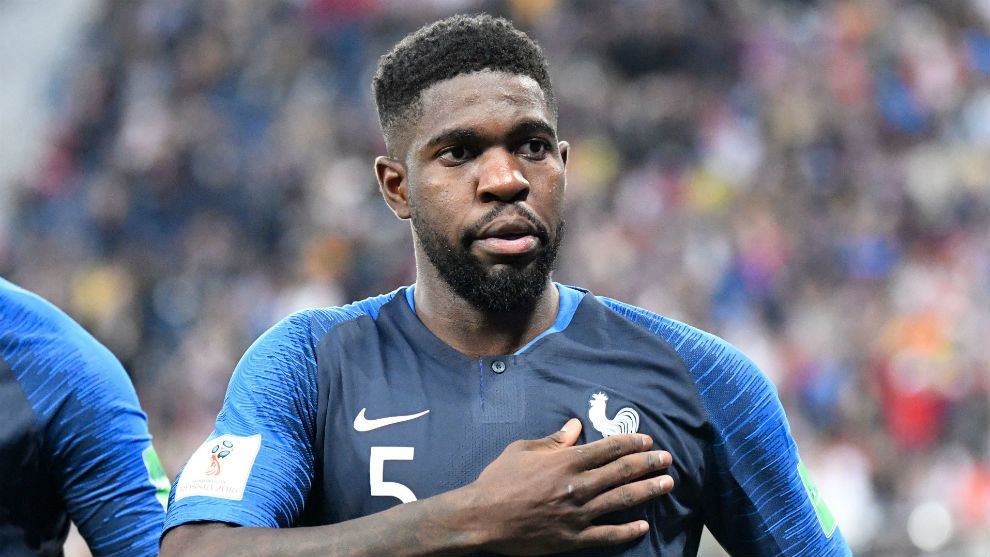




















29, August 2022
Why God Must Not Be Set Aside 0
“There is no saint without a past; there is no sinner without a future” Meditations on the Life of Augustine of Hippo (AD 354 – 430)
I love the month of August, for particular reasons: It is the month of my birth, but more importantly, August is the month of my favorite saint, Augustine of Hippo (August 28). His feast day is preceded by that of his mother, Monica (August 27). And this particular August, I had the great joy of baptizing my niece, Mariette, a very promising young girl. I have repeatedly said to a few close friends that during the liturgy of my Christian burial, I would love two texts to be placed on my casket: the Bible and my Loeb’s Classical Library version of Augustine’s The Confessions. I stopped keeping count on the number of times that I have read Augustine’s Confessions. It is the one text that have accompanied much of my intellectual maturation and career. Why I am here? What is the purpose of life? What is the purpose of suffering? What is the source of everything? What does it mean to love and be loved? Can the bliss in sexual expression bring about complete human fulfillment? (Plato’s Symposium and Benedict XVI’s Deus Caritas Est). Is there a relationship and if there is, what is it, between love, sex and friendship? Why is love and its expression the defining quality of human life – amor meus, pondus meum, wrote Augustine. What does it mean for the human being to be free? And above all, Who is God? Does God know me? Is God interested in me? Am I seeking God or is God the first to go in search of me? These, and more, are some of the questions that characterize Augustine’s Confessions.
Greek philosophy grappled with the question of the meaning of life from the perspective of understanding the source of everything. The Pre-Socratics, heavily cosmological, gave different answers: water, air, fire, boundless or the unlimited, animated by two forces, love and hate; and change or no change: Thales, Anaximander, Anaximenes, Heraclitus, Parmenides. I have often marveled at how close the Pre-Socratics came in getting the correct sacramental symbols that would thousands of years later, mark Christian initiation: Thales’ water (Baptism); Anaximander’s “boundless or unlimited” and Anaximenes’s “air” (could very well correspond with the Holy Spirit’s presence at Confirmation); and the same could be said about the Heraclitean fire. But that might be stretching the significance of ancient Greek philosophy a little bit too much!
What is of consequence is that humans have always sought to resolve the question of their purpose in this world, and religion has played a crucial role in this dilemma. One can only think of Kenjo Jumbam’s The White Man of God or Achebe’s Things Fall Apart. Both portray the dramatic tension that characterizes this question in the light of a clash of religions and civilizations. When we understand the meaning of our existence, even if not fully, such a consciousness has a profound implication on how we continue to live, as Viktor E. Frankl demonstrates in his Holocaust-survivor retrospections, Man’s Search for Meaning. In summation, and here Frankl cites my German friend Nietzsche, “he who has a why to live for can bear almost any how” (p. 104). Let us return, once again, to Augustine.
As my great teacher of Augustine at Boston College, Peter Kreeft, himself, a little Augustine, a little Aquinas and a little Lewis, often repeated, Augustine is the first modern and contemporary philosopher, for when Augustine uses “I,” it is in the sense in which contemporaries use “I,” – but only without the egoism of contemporary culture. Augustine remains a figure too interesting to be ignored. You can either admire him and esteem and appreciate his life and work, or you can hold him in scorn and disregard. But it is difficult to completely ignore him all together. On almost all the major themes that have come to define Christianity, the fingerprints of this great bishop of Hippo are noticeable, for good or for ill. He shaped the way Latin Christianity came to see God, politics, war, sin, grace, freewill, psychology and the practice of religion. At his death, he left behind over 5 million words of writings.
Amongst his writings, Augustine wrote three histories that will never go out of relevance: the history of God (De Trinitate); the history of the world (De Civitate Dei); and the history of man and woman (De Confessiones). Only an Augustine could have thought of writing a history or a somewhat biography of God! But such was Augustine, whom I have come to love profoundly thanks to the path established by Ratzinger/Benedict XVI, a contemporary and living Doctor of the Church from Bavaria. I will focus on Augustine’s history of man and woman, as captured in his Confessions, noticeably different from the two other Confessions that have marked the literary world, namely, The Confessions of Jeremiah as contained in the Book of the Prophet Jeremiah; and The Confessions of Jean-Jacques Rousseau. For now, let us focus on two key passages in Augustine’s Confessions that I believe, fittingly capture his dramatic life and can speak to us today:
Passage One: “You inspire us to take delight in praising you, for you have made us for yourself, and our hearts are restless until they rest in you.” (Confessions, I, I, (1)).This is the most quotable phrase in all of literature outside the Bible. To understand why this is so, we must look at, even briefly, Augustine’s existential itinerary. This phrase of the restless heart speaks to many of us because, in the final analysis, we see ourselves in Augustine. In my opinion and that of many persons more intelligent, that explains why Augustine commands so much attraction. He is like us. He is like me. His story is my story: of sin, brokenness, estrangement, and yet, of forgiveness and return. He grew up a young man in Thagaste (present day Algeria), under a pagan father and a very pious mother. Augustine, like many a contemporary young person, was attracted to the delights of sensual pleasure and fame. His various trappings reveal a youth bent on exploring all that life has to offer. And yet, as Augustine would notice, in the delights that enslaved him, what he was really seeking was love, who’s most fulfilling form is God.
Fame, power, money, knowledge, sexual gratifications did not satisfy Augustine’s soul. There was always what Blondel later characterized as the wedge between the willing will and the willed will. The more indulgent Augustine became, the more he realized that he was chasing shadows. Augustine had his back against the wall. He could either ignore the emptiness or void within him and go on living as if that void was not there; or, he could face the music and say, I have tried all else, I need help!
If there is one thing that Augustine was incapable of, it was self-deceit. Augustine could not lie. And so, at this point, seeing the futility in everything, Augustine cries out from the depth of his soul: “I have made myself into a barren land” (Confessions, II, 10, (18). Long story short, Augustine, following a religious experience reminiscent of Jesus in the Garden of Gethsemane, allows himself to be taken over by God. He had spent a greater part of his previous years searching for meaning. And now, he finally comes to the realization that rhetoric, fame, money, power and sex cannot make him happy, if these are severed from God. It is only in God that these human desires and manifestations attain their true meaning and deepest potentials. In effect, Augustine arrives at the realization that no created reality can fulfill the deepest yearnings of his soul. Without God, even the best of pleasurable encounters left him feeling empty. Why? Because God made us for God’s self, and nothing less than the very Divine life can satisfy the human soul. This is an a posteriori realization that is both penitential and yet, liberating: only in and with God do I find the true meaning of my existence. Every other choice continues to leave my heart restless.
Passage Two: Hence, it is precisely the realization of the barren land that becomes a fertile ground for the new Augustine. As Ratzinger points out while reflecting on Augustine, every conversion is a new beginning for the Bishop of Hippo. Augustine, under the light of truth, arrives at the retrospective consciousness that every saint has a past, and every sinner, a
future: “Late have I loved you, O Beauty, so ancient and so new, late have I loved you. And see, You were within, and I was in the external world and sought You there, and in my unlovely state I plunged into those lovely, created things that you made. You were with me, and I was not with You. (Confessions, X, 27, (38)). Augustine is now at a point in which he allows himself to be found by God. While initially Augustine might have thought that his restless heart was he seeking God, at this second layer of consciousness, Augustine arrives at another new discovery: It was not Augustine that was seeking God. It was God seeking Augustine, unbeknownst to him. God’s love for Augustine predated Augustine’s waywardness and estrangement from God – Seroteamavi. God’s love for Augustine never withered, even when Augustine was consumed by sin. While Augustine was carried away by external delights, God was busy working within in Augustine’s soul, pulling Augustine towards Himself. As Ratzinger poetically pointed out in the homily inaugurating his pontificate in 2005, we suffer on account of God’s love, for the world is saved by the patience of God and destroyed by the impatience of men and women.
What do these two texts, restless hearts and the realization that God was within and Augustine, without, teach us? Firstly, they tell us that to find God is to find myself. That was Augustine’s great discovery. God does not deprive me of what makes my life beautiful, true and good. If anything, finding God brings me to the fullest realization of who I am, of my purpose and the meaning of my life. If this Augustinian conviction is true, namely, that by finding God I end up finding myself, then it follows that to set God aside is an injustice against man and woman. It deprives us of a depth and breadth that encountering God opens us to. To find God is to allow my small agendas to be broken into by the ocean of God’s power, which is love. Finally, we can resolve the Socratic puzzle: Man, know thyself! I know myself when I know God, and I know God when I know myself, for God has created me for God, and only in God can I find the meaning of my life. Secondly, with Augustine, I make another great discovery: I was not the one seeking God, after all. It was God seeking me. I have personally found that so consoling, so empowering, and so encouraging: Maurice, you have not been the architect. God has been, all along, even when you were not conscious of it. God has been the one seeking you, from birth in Mamfe till the present in Boston. God has been there all along, even when you made choices against God, embracing a life of sin. God has been searching for you, offering you a future, for, to cite Augustine again, there is no saint without a past, and there is no sinner without a future.
As we celebrate the feast day of St Augustine today, August 28th 2022, may his example serve as an inspiration to us, that only God can satisfy the longings of the human heart, and that God’s love is so much that every sinner has a future, myself inclusive, if only I but turn to God for mercy, for, as Augustine again wrote, do not despair, one of the thieves was saved; do not presume, one of the thieves was condemned. St. Augustine of Hippo, pray for each one of us, for our world, and for our Holy Mother the Church, she, the Daughter of Zion. Pray for us not to set God aside for what appears to be other pressing concerns, for, as your life teaches us, to set God aside eventually ends with us setting ourselves aside. But with God, we have a future. For the sake of human beings, therefore, we must not set God aside, for to do away with God, to postpone entering into a living relationship with God, to delay allowing God to find us, to exclude God because we have more pressing concerns, eventually ends up excluding us and leading us up a Sisyphean hill!
By Fr Maurice A. Agbaw-Ebai